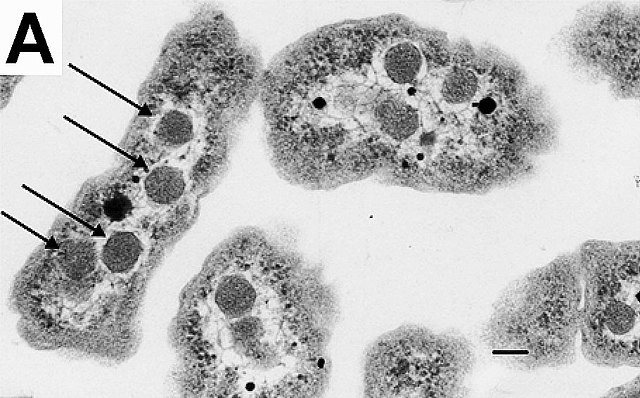The human microbiome refers to the collection of trillions of microorganisms, including bacteria, viruses, fungi, and other microbes, that live in and on the human body. Among these, bacteria play a crucial role in maintaining various aspects of human health. Here are some key aspects of the benefits provided by bacteria in the human microbiome:
Digestive Health:
- Fermentation and Nutrient Absorption: Certain bacteria in the gut aid in the fermentation of undigested carbohydrates, producing short-chain fatty acids (SCFAs) that provide a source of energy for the cells lining the colon. Additionally, these bacteria help in the absorption of nutrients and minerals.

- Fermentation and Nutrient Absorption: Certain bacteria in the gut aid in the fermentation of undigested carbohydrates, producing short-chain fatty acids (SCFAs) that provide a source of energy for the cells lining the colon. Additionally, these bacteria help in the absorption of nutrients and minerals.
Immune System Support:
- Competitive Exclusion: Beneficial bacteria in the microbiome can help prevent the colonization of harmful pathogens by occupying the available niches. This competitive exclusion helps maintain a balanced and diverse microbial community, which is essential for a healthy immune system.
Synthesis of Vitamins and Metabolites:
- Vitamin Production: Some bacteria in the microbiome are capable of synthesizing certain vitamins, such as vitamin K and some B vitamins. These vitamins are important for various physiological functions, including blood clotting and energy metabolism.
Protection Against Pathogens:
- Barrier Function: The microbiome acts as a physical barrier, preventing harmful pathogens from adhering to and entering the intestinal lining. This barrier function is crucial for preventing infections and maintaining overall health.
Metabolism and Weight Regulation:
- Influence on Metabolism: The composition of the microbiome has been linked to metabolism and weight regulation. Imbalances in the microbiome have been associated with conditions like obesity, and certain bacteria may play a role in energy extraction from the diet.
Mood and Brain Health:
- Gut-Brain Axis: There is emerging evidence suggesting a connection between the gut microbiome and the central nervous system, known as the gut-brain axis. Some bacteria produce neurotransmitters and other molecules that can influence mood and cognitive function.
Maintenance of Intestinal Homeostasis:
- Anti-Inflammatory Effects: Beneficial bacteria help in maintaining a balanced immune response in the gut, preventing excessive inflammation. This is important for the overall health of the digestive system.
Development of the Immune System:
- Early Exposure: Early exposure to microbes, including bacteria, is crucial for the development and maturation of the immune system. This exposure helps the immune system distinguish between harmful and harmless substances.
Research into the human microbiome is ongoing, and the understanding of the specific roles of different bacteria and their interactions with the human body continues to evolve. The balance and diversity of the microbiome are essential for optimal health, and disruptions in this balance (dysbiosis) have been linked to various health conditions. As a result, there is growing interest in the potential therapeutic applications of manipulating the microbiome to promote health and treat certain diseases.












